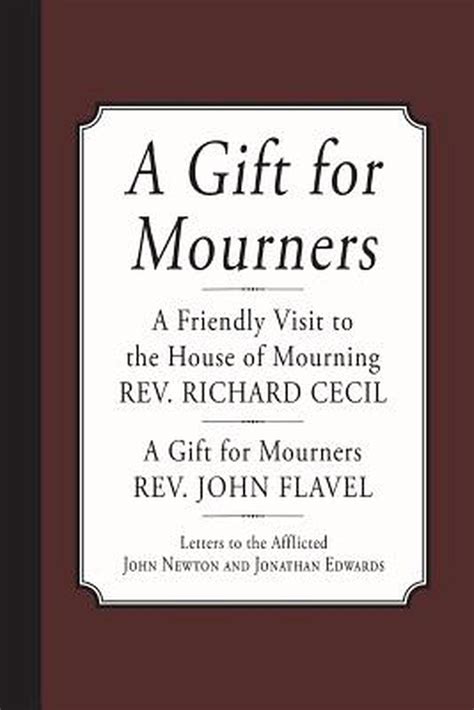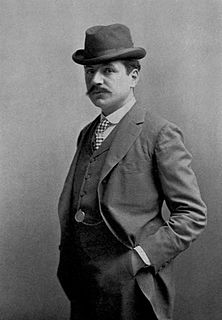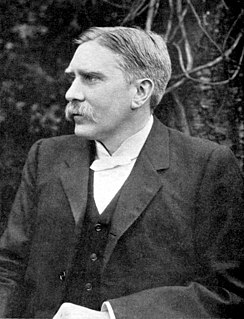A Quote by Richard Cecil
If there is any person to whom you feel a dislike, that is the person of whom you ought never to speak.
Related Quotes
Before prayer, endeavour to realise Whose Presence you are approaching and to Whom you are about to speak, keeping in mind Whom you are addressing. If our lives were a thousand times as long as they are we should never fully understand how we ought to behave towards God, before Whom the very Angels tremble, Who can do all He wills, and with Whom to wish is to accomplish.
A FRIEND IS A PERSON . . . With whom you can be sincere. . . . To whom you never need to defend yourself. . . . On whom you can depend whether present or absent. . . . With whom you never need pretend. . . . To whom you can reveal yourself without fear of betrayal. . . . Who does not feel she owns you because you are her friend. . . . Who will not selfishly use you because she has your confidence. I WOULD HAVE SUCH A FRIEND. . . AND I WOULD BE SUCH A FRIEND. I DO HAVE SUCH A FRIEND!
Here I come to one of the memoir writer's difficulties -- one of the reasons why, though I read so many, so many are failures. They leave out the person to whom things happened. The reason is that it is so difficult to describe any human being. So they say: 'This is what happened'; but they do not say what the person was like to whom it happened. And the events mean very little unless we know first to whom they happened.
How many of us have conflicts with someone else- and how many of us pray for that person? We have individuals with whom we are competitive, or whom we dislike or have a quarrel with; but very few of us have true enemies in the martial sense. And yet if Lincoln could pray fervently- and contemporary reports indicate he did- for the people who were opposing him, how much more can we do for someone we just find a little irritating?






































